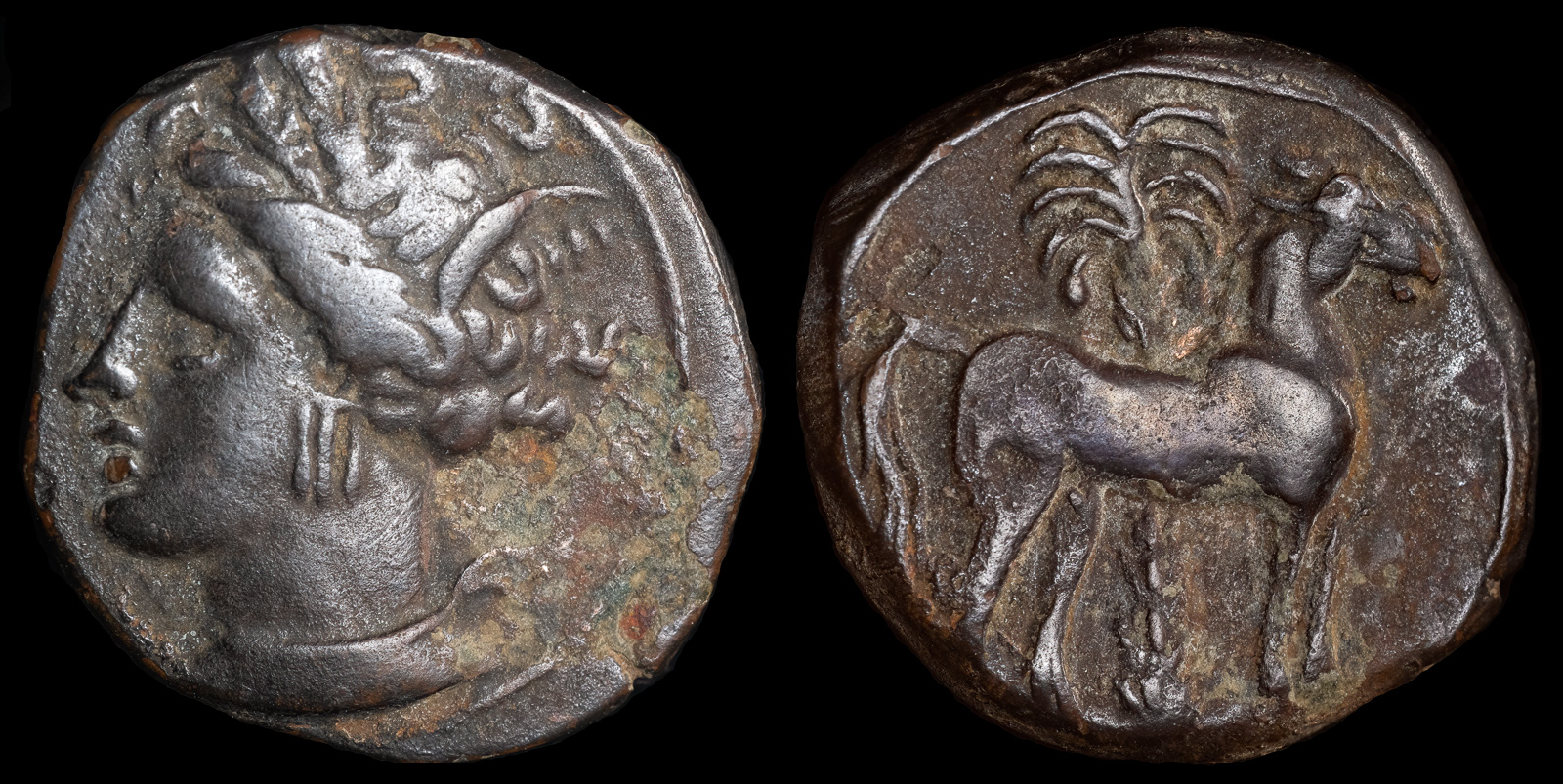Tanit
View All Tags
As a goddess of fertility, Tanit was believed to have the power to influence the earth’s productivity, ensuring abundant harvests, and also the wellbeing of women in childbirth. In this role, she was frequently invoked by families seeking blessings for children or protection during childbirth. Tanit’s association with fertility also extended to the land and animals, making her a vital figure in Carthaginian agriculture and livestock. This connection with life and growth placed her at the center of Carthaginian religious practice, and many of the city’s religious festivals likely revolved around her.
In addition to her roles in fertility and childbirth, Tanit was seen as a protector of the community and a figure of divine justice. She was thought to have the power to watch over her people, protect them in times of war, and ensure the proper conduct of both individuals and the state. Her protective qualities were especially significant in the context of Carthage’s military campaigns, as she was believed to offer her favor to those seeking victory. In some texts, she was even regarded as a kind of mother goddess, offering guidance and nurturing to the citizens of Carthage, as well as to the city itself.

Carthage
Circa 400-350 BCE
AE 15mm, 2,4g
Head of Tanit to left, wearing wreath of grain ears.
Rev. Horse standing right; palm tree in background.
MAA 18. SNG Copenhagen 109